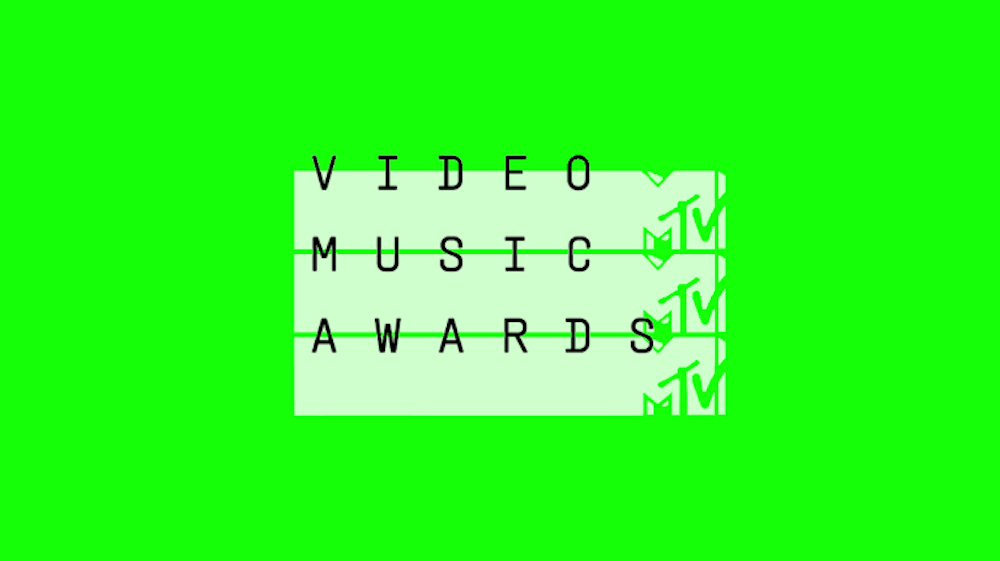Popular culture matters. In the world of academia and hyper-intellectualism, we often like to think of ourselves as above much of the mass consumption of entertainment and pop culture. But it is a mistake to overlook this area of society when thinking critically about issues of equality and contemporary norms. Pop culture is a reflection of the society that shapes it as well as a force behind change in society. Not only is it entertaining, it also provides valuable insights into the world around us.
The 2015 MTV Video Music Awards are perhaps one of the greatest examples of pop culture pushing the boundaries of questions about social inequality in America that we have seen in recent years. The debates around the award ceremony began weeks before any celebrities took to the red carpet. Before even the first Twitter misunderstanding took place, there was the first controversy of the 2015 VMAs: the selection of Miley Cyrus as host.
Breaking with the conventions of most award shows to have a host each year, MTV had opted to go host-less for the past two years before announcing Cyrus’ selection for 2015. Long past her Disney star image, Cyrus has had a whirlwind year of making headlines for everything from her open stance on legalizing marijuana to her #FreeTheNipple campaign that encourages Instagram to change their policies of allowing male nipples to be visible in photos but not female nipples. Although the campaign has not been looked upon favorably by all, its role in the media has increased popular dialogue about what it means to sexualize women’s bodies.
Cyrus’ selection as host, however, did not come without complications. During the show, Cyrus donned dreadlocks that have been called out as appropriating a traditionally black hair style and she engaged in a disagreement with Nicki Minaj regarding a New York Times interview that Cyrus gave about tweets Minaj had sent several weeks earlier. The tweets seemed intended to call out racism and sexism among selection committees for award shows like the VMAs that reward men and white women for their sexualities while failing to do so for women of color.
These tweets became the subject of a back-and-forth with Taylor Swift, who felt called out as a white artist nominated for Video of the Year. Though the disagreement seemed resolved when Swift tweeted that she had misunderstood and failed to see the context of Minaj’s assessment, the two also appeared to officially clear the air by performing together during the first act of the show. The damage by Cyrus, however, had already been done when she said that Minaj’s tweets had been “not very polite,” and Minaj called her out for it during the show.
The whole situation called into attention the issues of racism within the media and the representation of female sexuality. These are issues that are discussed on Duke’s campus on a daily basis, but when they were put right before us in a showing of pop culture, watched by millions, there was very little chatter about it on campus. This was a moment that mattered for the history of race representation in America, but just because it was on MTV or was a part of popular culture, it was seen as too low brow for analytic discussion.
But it isn’t. From the first moment of the show, there were many different, controversial moments worthy of discussion. Swift debuted her newest music video for “Wildest Dreams.” The video included lions and a stereotypical depiction of Africa without a single African person, structure or nod to culture represented. Rebel Wilson dressed as a police stripper and made a joke about police brutality without mentioning any of the lives lost to police brutality in the past year. And of course, Kanye West declared he was running for president in one of the most interesting speeches about the exploitation of artists in the music industry that I have ever heard.
Personally, I found that there were moments in which West sounded paternalistic and condescending—especially when comparing Swift to his toddler daughter North. But there were so many facets to his speech that it would take days to dissect each part. Announcing he was running for president was only the icing on the cake, but yet it is the only part that people seem to have latched on to. Listen to his speech again. He spoke about art and the pressures put on artists by the industry. He spoke about the unfair expectations placed on children. He spoke about forgiveness. And that matters.
If you haven’t watched his speech yet, do it. Now. And be open to what you hear. It matters what he says. Agree or disagree, his words have already made an impact, and it is important that we are considering what that impact might be as we go forth as students educated in discussions of race and gender.
Get The Chronicle straight to your inbox
Signup for our weekly newsletter. Cancel at any time.

